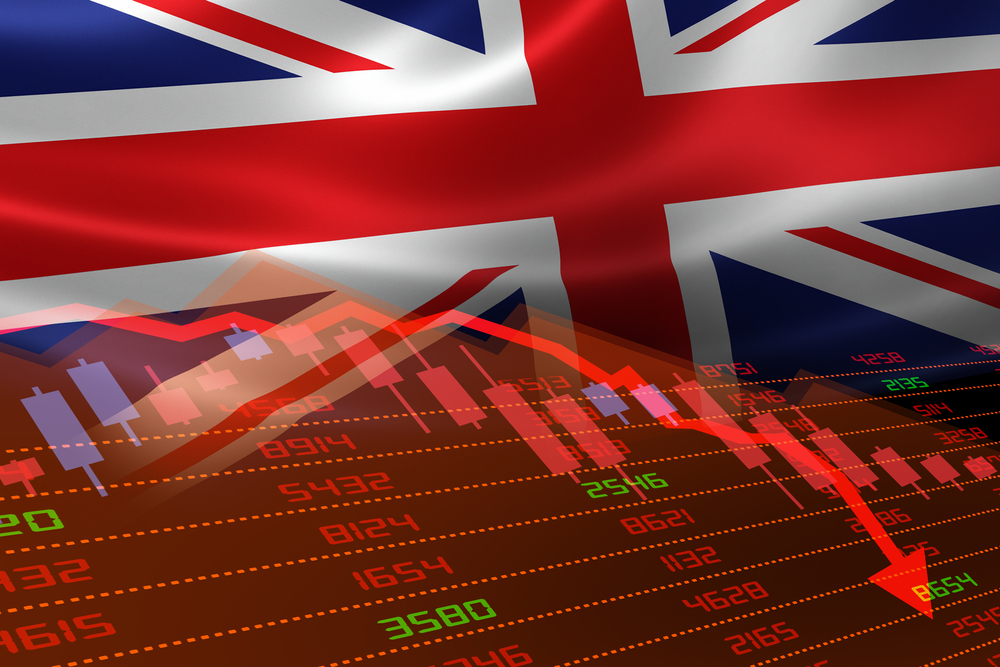News
UK economy dodges recession but ‘is in worse shape than previously thought’

The UK economy isn’t in recession just yet as revised GDP figures reveal 0.2% growth in Q2. But it hasn’t returned to pre-pandemic levels and excludes the full drag from the Chancellor’s mini Budget.
Gross domestic product (GDP) measures the value of goods and services produced in the UK. It estimates the size of, and growth in, the economy.
Previous GDP figures from the Office for National Statistics (ONS) revealed a 0.1% quarter-on-quarter contraction (Q2) but this has been revised to a 0.2% uplift.
While this may be good news and signals that the UK economy is not yet in recession, a more stark revision exists.
The ONS estimates suggested earlier that GDP was 0.6% above the pre-pandemic level, but real GDP is now thought to be 0.2% below it.
Reduced consumer spending and households squirrelling away savings during the pandemic contributed to this.
According to leading consultancy, Capital Economics, as the economy is in a “worse place” than before the pandemic, it suggests there is room to “catch up” with the Chancellor in a better position to reach his 2.5% real GDP growth target.
Mini Budget effect
However, Paul Dales, chief UK economist at consultancy, Capital Economics, said the UK is the only G7 economy in this situation “and it makes the Chancellor’s fiscal plan look even more untenable”.
Kwasi Kwarteng’s mini Budget last week spooked the markets, leading to the pound crashing to a new low against the dollar, mortgage product withdrawals, FTSE 100 sliding and a bond buying programme by the Bank of England.
Dales said: “Inflation is well above the 2% target and the labour market is extremely tight – those data aren’t going to be revised.
“That suggests the economy is still operating above capacity i.e there isn’t any spare capacity that can be easily utilised.
“So, either the economy is not quite as far above capacity as we previously thought or its supply potential has declined by even more.
“Neither of those options suggest there is scope for an easy and meaningful acceleration in GDP growth.”
And turning to Kwasi Kwarteng’s recent mini Budget packed with tax cuts, Dales said this view comes “even before we consider the current situation of the cost-of-living crisis being exacerbated by a cost of borrowing crisis as a result of the surge in gilt yields after the mini Budget”.
He concluded: “So despite the better news on the performance of the economy in Q2, the overall picture is that the economy is in worse shape than we previously thought. And that’s before the full drag from the surge in inflation and leap in borrowing costs have been felt.”